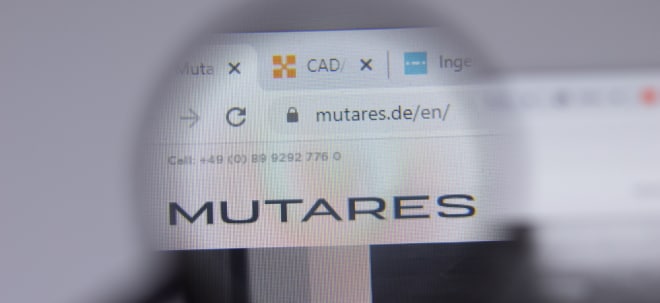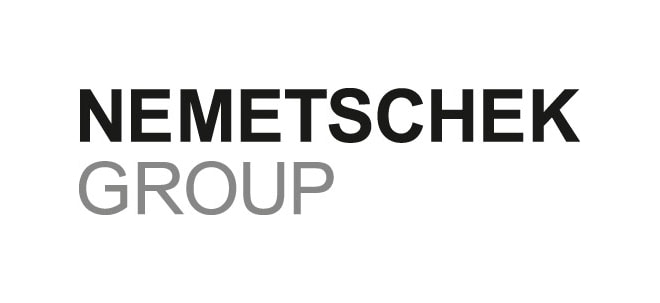Ripples from Uralkali potash crisis reach China and Argentina
Posted on November 17, 2013 by Robin Bromby
The Chinese are taking heart from the bust-up of Uralkali and Belaruskali. The Argentinians, though? Not so much.
China sees the breakdown as an opportunity for new potash enterprises to get up and running. From Argentina’s point of view, however, the Uralkali-Belaruskali spat has undermined prices and made even more difficult the task of finding someone interested in developing its huge Rio Colorado potash project from which Brazil’s Vale walked away, even on a smaller scale than previously planned.
Both situations — and potash prices more than anything — will swing largely on what happens to the warring parties in Minsk. Bloomberg was reporting Friday that billionaire Suleiman Kerimov and business partners who together control 33% of Uralkali may sell part of their stake as early as this week. The sale is seen as diffusing the dispute between Russia and Belarus that began when Uralkali walked away from the Belarussian Potash cartel, the Belarus authorities applying pressure for the move to be reversed by arresting Uralkali CEO Vladislav Baumgertner, (although six weeks ago he was moved out of the KGB prison in Minsk and placed under house arrest). The sale of the stake in Uralkali would allow a face-saving repair of the marketing agreement with Belaruskali — and possibly a spurt to prices if this was seen as an end to Uralkali’s plans to go it alone and use its low cash costs to undercut other potash suppliers.
Meanwhile The Moscow Times reports that the trading arm of state potash producer Belaruskali — Belarussian Potash Company — expects its 2014 potash prices to be above the level set by the country’s Economy Ministry. A day earlier, Deputy Economy Minister Alexander Yaroshenko said Belarus plans to cut potash export prices to $300/tonne in 2014, adding to pressure on global prices for the soil nutrient.
But perhaps the most surprising event of the week in potash was an article appearing in China Daily. It was a booster for the global potash efforts of Yancoal Canada, a subsidiary of Yanzhou Coal Mining Company. Yancoal in 2011 — when potash prices seemed to have a brighter outlook than they do now — spend $260 million buying 19 potash exploration licences in Saskatchewan.
The core of the article was to reaffirm that Yancoal is pressing ahead with its potash plans. As China Daily stressed, potash mine development is characterised by long construction time-frames; it can take up to seven years of preparatory work before a project can be commissioned, from initial prospecting through to various feasibility studies to permitting and the construction.
The Chinese report, while noting the present price retreat due to the Uralkali row, also stressed that the ongoing growth of world populations will, in their view, keep potash demand at a high level. Then Yancoal chairman Ma Jianqiang added this: “The cartel break-up leaves more development opportunities and room for emerging potash enterprises. Therefore we are bound to look at the short-term effect of market monopoly integration-breakdown in a long term perspective, given the long life of a mine project, and conduct target market analysis.”
In other words, China is pressing ahead with acquiring its own potash assets and is little influenced by present price worries. As the newspaper points out, China has only 2% of the world’s known potash resources but consumes 20% of global production.
Brazil and Argentina, meanwhile, don’t quite know where they stand. Vale suspended work on the huge Rio Colorado potash deposit in Argentina’s Mendoza state after costs blew out to $11 billion. The state governor Francisco Perez is trying to find someone else to take on the project. Meanwhile, Vale has placed Rio Colorado into mothballs and handed over caretaker management to the Argentinian arm of the Italian conglomerate, Techint.
As The Financial Times reports, the present low prices don’t make Rio Colorado an attractive proposition even with the Mendoza governor talking to Chinese, Indian, Qatari and Russian investors. The main selling point is the Brazilian potash market next door, predicted to rise from 8 million tonnes a year now to 13 million tonnes by 2020.
As The Financial Times concludes: “Meanwhile, Rio Colorado is for sale and Argentina is a few billion dollars and 6,000 jobs poorer than it otherwise might have been”.
- See more at: http://investorintel.com/market-commentary-intel/...ash.nJSIwIFS.dpuf |


 Thread abonnieren
Thread abonnieren

